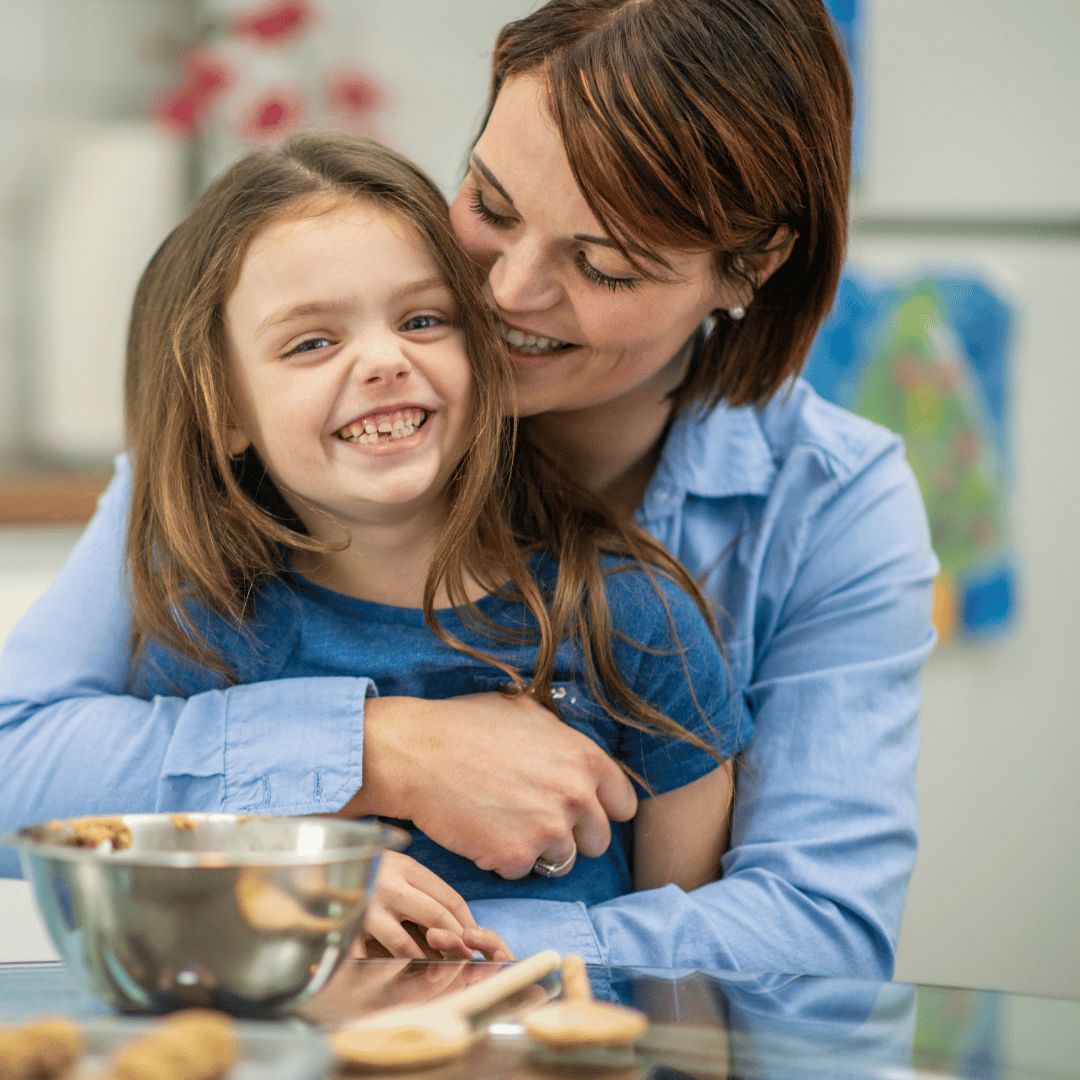Kindergarten Confidence Starts at Home: How to Prep, Play, and Make It Count
You know that feeling when your preschooler suddenly looks a little taller... and you realize kindergarten isn’t just on the horizon—it’s right around the corner?
Cue all the questions:
Have we done enough?
What should they know?
Are we even ready?
Here’s the thing: Some of the most meaningful kindergarten prep happens in the little moments—folding laundry together, spotting letters on signs, or helping pack their own lunch for a day at the park.
This summer, let’s make the most of it—without the pressure. Let’s turn everyday routines and special family adventures into simple learning opportunities that build your child’s confidence, skills, and excitement for school.
Because getting ready for kindergarten should feel a little magical... and a lot like real life.
Kindergarten readiness isn’t about having every letter memorized or sitting still for 30 minutes straight. It’s about helping your child feel confident in their body, their choices, and their voice.
Here are a few simple (and meaningful) ways to weave kindergarten prep into your summer routines:
1. Turn Everyday Routines into Learning Moments
Let your child help with simple steps in cooking or folding laundry—hello, motor skills and sequencing!
Talk through what you’re doing and name things: “This is a cucumber. Can you help me cut it?”
Ask open-ended questions: “What do you think will happen if we mix these colors?”
These conversations build vocabulary, critical thinking, and confidence—no worksheets needed.
2. Make Writing Fun and Functional
Invite your child to “write” shopping lists with you.
Practice name writing with chalk outside or on a fogged-up mirror after bath time.
Label items around the house together to spark letter recognition in a way that feels like play.
Remember, early writing isn’t about perfect penmanship—it’s about building comfort with trying.
3. Build Independence One Task at a Time
Kindergarten will ask your child to do things on their own—zipping jackets, opening snack containers, washing hands, asking for help.
Start now by giving them space to try—even if it’s messier or slower. The goal isn’t perfection, it’s confidence.
4. Practice Being in a Group (in Simple, Fun Ways)
Whether it’s a family game night, storytime at the library, or a cousin playdate—these little moments give your child practice in taking turns, listening, and sharing space with others.
Talk about what went well afterward, and celebrate the effort: “You waited so patiently when it wasn’t your turn. That was kind.”
5. Talk About Big Feelings Now—Not Just on the First Day
Heading to school comes with a lot of emotions—for both kids and parents. Read books about going to school. Make space for feelings like nervousness and excitement. Share your own memories of school, and let them know it’s okay to feel a mix of things.
The more emotionally prepared they are, the smoother the transition will be.
6. Practice Bathroom Independence with Calm and Confidence
This one’s big—and not just for your child. Encourage your child to wipe thoroughly, wash hands without reminders, and manage buttons or snaps on their own.
Try: role-playing with dolls, offering simple visual steps by the sink, or using real-life moments like “Let’s practice just like you’ll do at school.”
7. Build Dressing Skills into the Morning Routine
Getting dressed is a great opportunity to practice fine motor skills, sequencing, and independence.
Invite them to choose between two outfits. Let them practice zipping coats, snapping pants, and putting on shoes—even if they end up on the wrong feet sometimes. That’s all part of the growth.
8. Give Their Hands Something to Do
Cutting, coloring, stringing beads, and peeling stickers all help your child build the fine motor strength they’ll need for writing and self-care tasks.
Set up a simple art tray or activity bin they can explore during quiet moments—no pressure, just practice.
9. Play With Words and Sounds
Rhyming games and letter sounds don’t need a workbook. Try singing silly songs, playing “I Spy” with beginning sounds, or making up nonsense words that rhyme with their name.
Language play is one of the best ways to prep for reading—plus, it’s fun for the whole family.
10. Talk About Separation with Compassion
Practice short goodbyes, like playdates or time with a grandparent, and build a ritual for when you part ways: a special hug, a high-five, or a “see you after snack” phrase.
Remind them that it’s okay to miss you—and that you’ll always come back. This builds trust and helps ease the big transition.
Getting ready for kindergarten isn’t about doing it all—or doing it perfectly. It’s about giving your child a strong, supported start and helping them feel confident in who they are and what they’re capable of.
So whether you’re playing outside, packing a picnic lunch, or reading the same book for the third time today—those moments matter. They’re the foundation your child needs to feel ready, resilient, and excited for what’s next.
And you? You’re doing better than you think.
Need help navigating the challenging behaviors that sometimes show up as transitions get closer?
Check out our Behavior Management Workbook—a supportive resource packed with real-life, developmentally appropriate strategies to help you respond with calm and confidence.
Free Resource
Thank you for reading this content. And if you loved this post, please be sure to join our Parent Advisor Facebook group where we share more insights and community.
✨ Want a little extra support? Download the FREE Kindergarten Prep Goals Checklist—a simple, encouraging guide to help you track progress, spot growth, and feel more confident about what’s most important.
Visit our Parent Advisor and The Buzz Blogs to learn more about related topics and parenting tips. You are welcome to join our private Parent Advisor Facebook group. It’s a growing community of parents and preschool teachers where you can learn and share more parenting tips.












